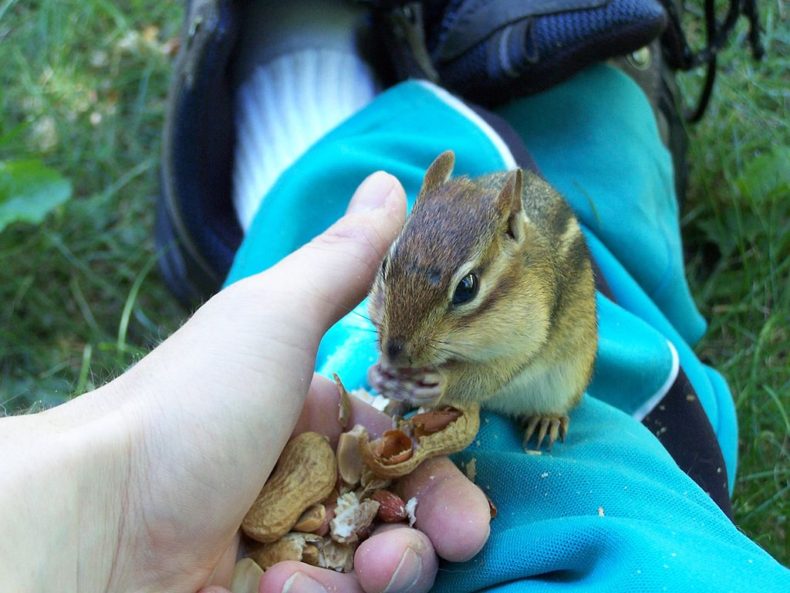
If you asked me in the abstract, and I wasn’t thinking about it too hard, I might tell you that most people are a bit stupid. A bit provincial, a bit ignorant, a bit wrapped up in consumer culture. I might think, if not say, that your average Joe is a bit of a philistine, a little bit trite, that the sales figures for tabloids and Hallmark cards don’t lie.
But then there are the people I meet.
If the world really is that way, then how come so many scientists I interview convince me within 20 minutes that they are saving the world—or at least their little angle of it? Maybe that’s the part that reflects badly on me, that I’m gullible, easily sold, lacking an investigative backbone.
But there they all are, day after day. The cholesterol researcher who thinks she can do one better than statins if she can just figure out how those lipid droplets get out of those plaques. That we really could reverse atherosclerosis, even if it happens after her long-houred career. The fish biologist who fends off crocodile attacks in Panama to recreate a 1970s field survey and compare notes.
And this month, Harry Hildebrand, a Peruvian high school teacher who takes kids into the Amazon rainforest for week-long trips every year to experience the web of life they have been learning about in class. They travel 10 hours downriver from the nearest jungle town, but they stay away far from the non-contact communities, partly because the animals around there are wary of hunters. The students take field data, surrounded by howler monkeys and poison dart frogs and little, clever capuchins. The classes of fifteen-year-olds crash through the jungle cracking jokes—each other the most interesting objects in any environment—but the seventeen years olds tread softly and see far more animals.
Hildebrand is a vegetarian, from the time he crossed over into Brazil and saw the jungle stripped bare for ranching. And he doesn’t buy gold jewelry because of the destruction wrought by illegal miners leaving mercury up and down the jungle food chain. Now that COVID has hit, the Amazon field trips are off and he spends that time delivering groceries to Lima residents who have no refrigerators and would otherwise have to expose themselves to harm every day at the market.
When does a collection of contrasting evidence overturn an opinion? How many encounters with fascinating, driven, knowledgeable, deeply ethical people do I have to have before I change my views of the species as a whole? I may always have those knee-jerk reactions to the question of the average human, as if there is such a thing. But if I let it stay that way I have to accept that every new person I meet has every right to assume the worst of me, because I am human.
Talk to any human about what interests them and hear an expert.
Get them off into some other topic and meet an idiot.
Nothing too complicated about it.
Such a thoughtful essay, Penny. It reminds me of one my favorite statements by Marilynne Robinson from her book “The Death of Adam: Essays on Modern Thought.” She says, “I want to overhear passionate arguments about what we are and what we are doing and what we ought to do. I want to feel that art is an utterance made in good faith by one human being to another. I want to believe there are geniuses scheming to astonish the rest of us, just for the pleasure of it.” In a way Robinson “want[s]” to be gullible to those passionate far-seeing thinkers, plotting in good faith to save us all.